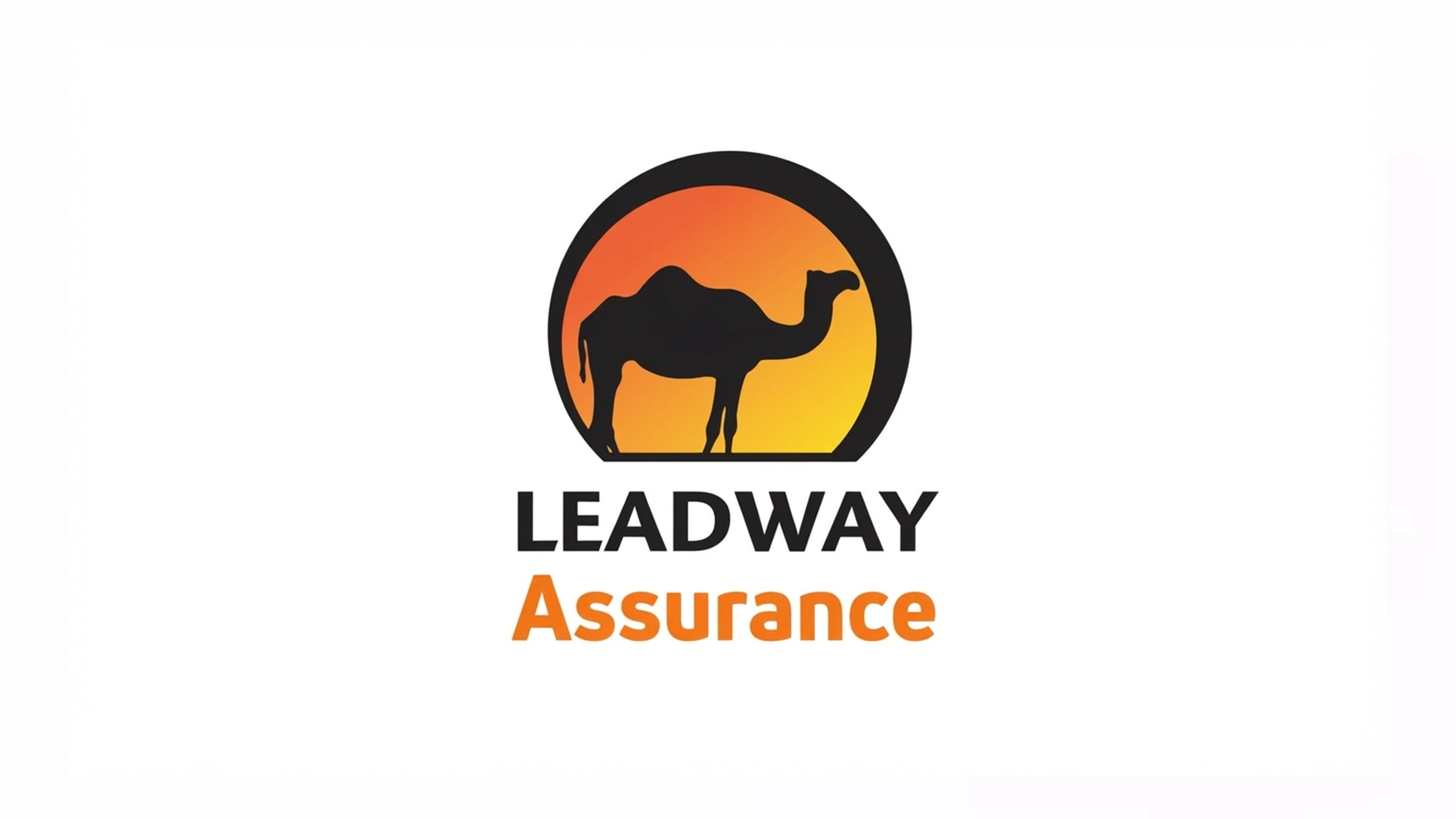•Streaming, cloud service, others attract VAT
•Consumers of services granted withholding obligations
The new comprehensive value-added tax (VAT) reform will significantly impact digital services and cross-border transactions as it requires foreign companies supplying services to Nigeria to include VAT in their invoices.
Under the newly enacted Nigeria Tax Act, all non-resident persons making taxable supplies to Nigeria must now register for tax and include VAT on their invoices for all taxable supplies, marking a major shift in how digital and cross-border services are taxed.
“VAT shall be paid on all taxable supplies in Nigeria. A taxable supply shall be deemed to take place in Nigeria where, in respect of (a) goods – (i) the goods are physically present, imported into assembled or installed in Nigeria at the time of supply or (ii) the beneficial owner of the rights in or over the goods is a taxable person in Nigeria and the goods or right is situated, registered or exercisable in Nigeria,” part of the section states.
The legislation, which maintains the VAT rate at 7.5 per cent, expands the tax net to capture previously-untaxed digital transactions while introducing withholding mechanisms to ensure compliance by foreign service providers.
The new law specifically targets digital services consumed by Nigerians, regardless of where the service is physically rendered. According to the act, a service is deemed to take place in Nigeria if it is “provided to and consumed by a person in Nigeria, regardless of whether the service is rendered within or outside Nigeria”.
The provision effectively brings digital services such as streaming platforms, cloud computing services, online advertising and software subscriptions under tax system, making them VATable.
The law also covers incorporeal property rights, including intellectual property, where the exploitation of it is made by a person in Nigeria or the rights are connected with assets located in Nigeria.
To ensure compliance, the legislation introduces a withholding mechanism where Nigerian recipients of foreign services must withhold VAT from payments to non-resident suppliers and remit it directly to the Federal Inland Revenue Service (FIRS), now the Nigeria Revenue Service (NRS).
However, where the NRS appoints a non-resident supplier to collect VAT directly, the Nigerian recipient is relieved of the withholding obligation, except in cases where the appointed supplier fails to collect the tax.
“A non-resident person who makes taxable supplies to Nigeria shall register for tax and include VAT on its invoice for all taxable supplies. Where a non-resident person is making taxable supplies from outside Nigeria to persons in Nigeria, the taxable person to whom the supply is made in Nigeria shall withhold the VAT due on the supply and remit it to the service.
“The service may, by notice, appoint any person, including a non-resident supplier of taxable supplies, to collect the VAT and remit it to the service,” the legislation said.
The law grants the NRS the power to appoint collection agents, including digital platforms and payment processors, to facilitate VAT collection on cross-border transactions.
The act introduces detailed rules for determining when VAT becomes due, with different provisions for various transaction types. VAT is deemed to occur when an invoice is issued, goods are delivered, or payment is received, whichever happens first.
For rental agreements and periodic services, supplies are treated as successive transactions, with VAT becoming due at each payment interval. Similar rules apply to construction projects and instalment credit agreements, ensuring that VAT obligations are spread across the transaction periods rather than concentrated at completion.
The legislation addresses non-monetary transactions by requiring VAT to be calculated based on market value for supplies that are not for monetary consideration. This affects barter transactions, gifts and supplies between connected companies.
For imported goods, the VAT value includes not only the purchase price but also all taxes, duties and charges levied outside Nigeria, plus costs for commission, packing, transport and insurance up to the point of entry.






